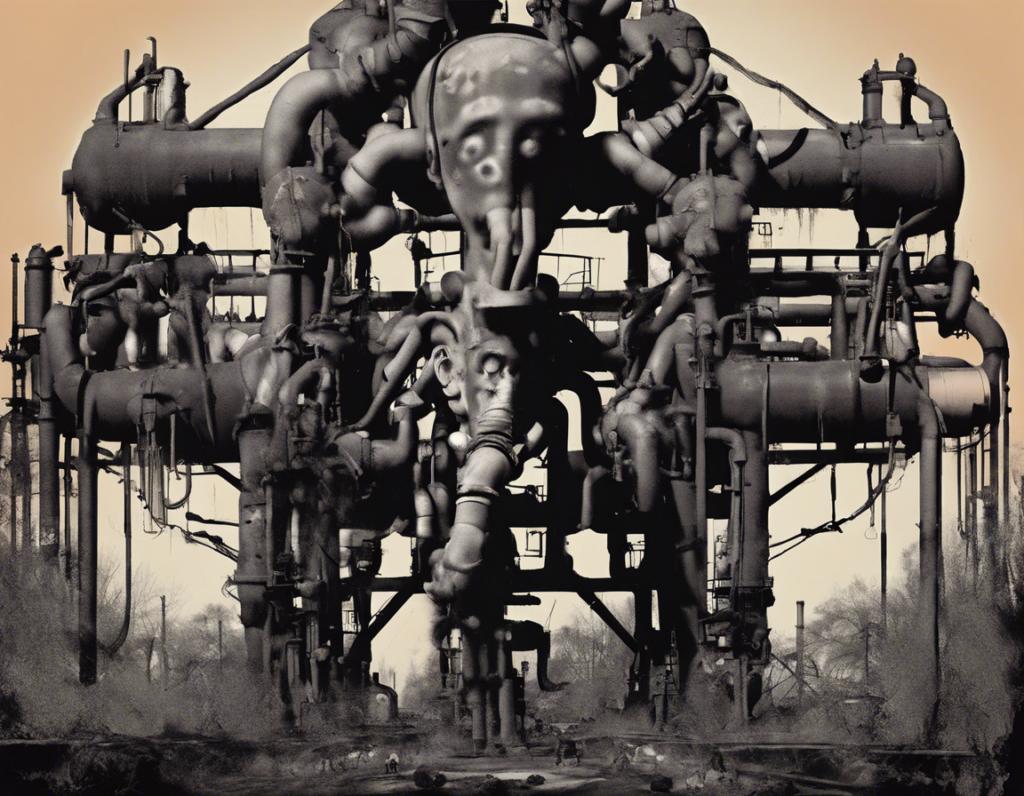On the night of December 2-3, 1984, the Bhopal Gas Tragedy unfolded in the city of Bhopal, India. The catastrophic incident resulted in the release of toxic methyl isocyanate gas from the Union Carbide pesticide plant, claiming thousands of lives and causing long-term health issues for numerous others. Decades later, the repercussions of the tragedy continue to be felt by the survivors and the community at large.
Investigating the Roots of the Tragedy
Investigative journalist Alex Braun delves deep into the events that led up to the Bhopal Gas Tragedy. His meticulous research uncovers a trail of negligence, lack of safety measures, and corporate greed that ultimately set the stage for one of the worst industrial disasters in history. Braun’s investigation sheds light on the systemic failures that allowed such a tragedy to occur and raises important questions about corporate responsibility and accountability.
Understanding the Impact on the Community
The aftermath of the Bhopal Gas Tragedy was devastating, with thousands of people losing their lives and many more suffering from respiratory problems, eye issues, and skin disorders. Braun’s in-depth analysis explores the long-term effects of the tragedy on the survivors and their families, as well as the environmental impact of the gas leak on the surrounding area. By giving a voice to those affected by the tragedy, Braun highlights the human cost of industrial negligence and the need for justice and compensation for the victims.
Challenging Corporate Accountability
Through his investigation, Braun confronts the issue of corporate accountability in the Bhopal Gas Tragedy. He exposes the ways in which Union Carbide and its parent company, Dow Chemical, failed to take responsibility for the disaster and the harm caused to the victims. Braun’s work calls into question the ethics of multinational corporations operating in developing countries and the need for stronger regulations to prevent similar tragedies from occurring in the future.
Seeking Justice for the Victims
One of the central themes of Braun’s investigation is the quest for justice for the victims of the Bhopal Gas Tragedy. He delves into the legal battles fought by survivors and activists in their pursuit of compensation and accountability from Union Carbide and Dow Chemical. Braun’s reporting highlights the challenges faced by those seeking redress for the harm they have suffered and the ongoing struggle for justice in the face of powerful corporate interests.
Lessons Learned and Moving Forward
As we reflect on the legacy of the Bhopal Gas Tragedy, it is crucial to learn from the past and take steps to prevent similar disasters in the future. Braun’s investigation serves as a reminder of the importance of corporate transparency, regulatory oversight, and community engagement in ensuring the safety and well-being of all individuals. By holding corporations accountable for their actions and advocating for the rights of those affected by industrial disasters, we can strive towards a more just and equitable society.
Frequently Asked Questions (FAQs)
Q1: What caused the Bhopal Gas Tragedy?
A: The Bhopal Gas Tragedy was caused by the release of toxic methyl isocyanate gas from the Union Carbide pesticide plant due to a combination of operational negligence and safety lapses.
Q2: How many people were affected by the Bhopal Gas Tragedy?
A: Thousands of people lost their lives in the immediate aftermath of the gas leak, and tens of thousands continue to suffer from long-term health issues as a result of the exposure.
Q3: What actions have been taken against those responsible for the tragedy?
A: Legal battles have been fought for decades to hold Union Carbide and Dow Chemical accountable for the Bhopal Gas Tragedy, with varying degrees of success in seeking justice for the victims.
Q4: What can be done to prevent similar industrial disasters in the future?
A: Strengthening regulations, enforcing corporate accountability, and prioritizing safety measures are essential steps to prevent industrial disasters like the Bhopal Gas Tragedy from occurring again.
Q5: How can we support the survivors of the Bhopal Gas Tragedy?
A: Supporting organizations that provide medical assistance, advocacy, and legal aid to the survivors, as well as raising awareness about their ongoing struggles, can help in supporting those affected by the tragedy.
